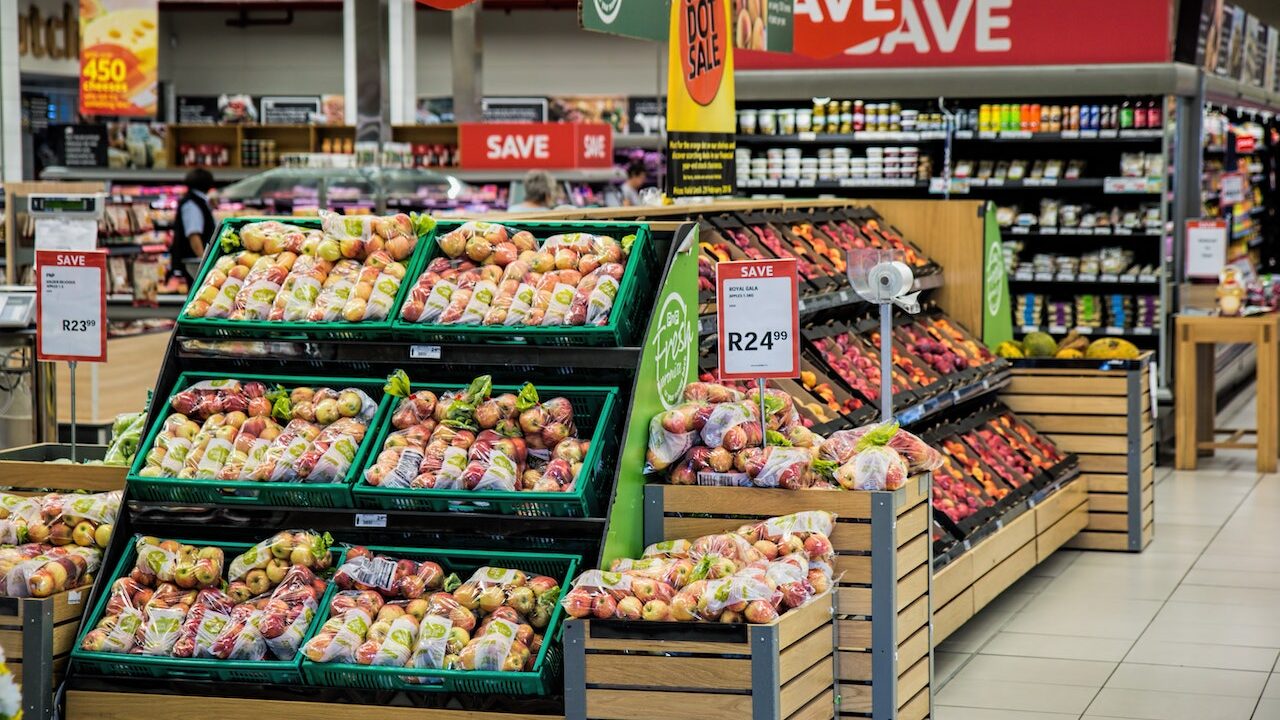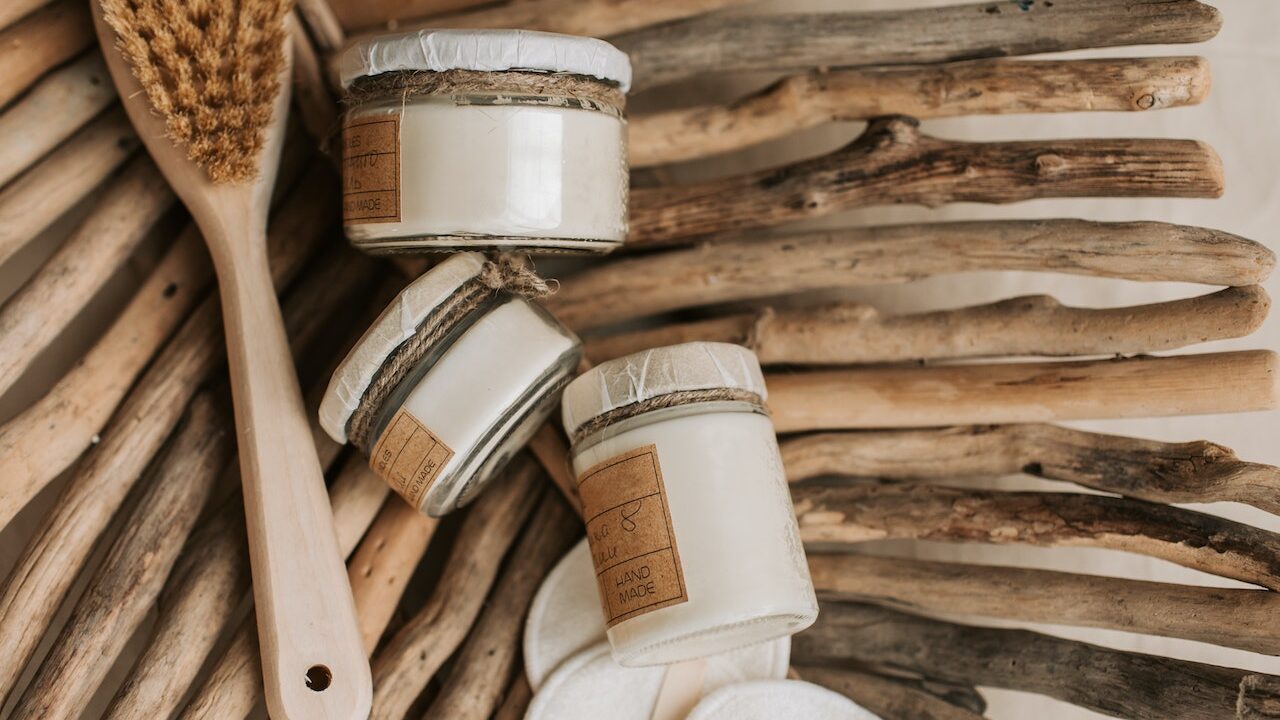Reduce Your Environmental Impact with These Easy Tips

Do you want to live a more sustainable lifestyle and minimize your influence on the environment? Making a difference by beginning a zero-waste journey doesn’t have to be difficult or complicated. In fact, there are lots of easy methods to cut back on waste at home and begin your zero-waste path right away. Here are 10 quick ideas to get you going:
Say goodbye to single-use plastics
One of the largest environmental problems we currently face is plastic trash. Start by purging your home of single-use plastics like straws, bags, and water bottles. Change them out with reusable alternatives like reusable bags, stainless steel straws, and water bottles. You’ll not only cut down on waste, but you’ll also end up saving money in the long term.
Start composting
Composting is a fantastic technique to cut down on food waste and produce soil that is rich in nutrients for your crop. Set up a compost bin in your backyard to start, or for smaller areas, use a countertop composter. Fruit and vegetable waste, coffee grounds, and even some paper goods can all be composted.

Shop in bulk
Buying in bulk can help cut down on packing waste dramatically. Bring your own reusable containers or bags, and stock them with pantry essentials like grains, beans and nuts. There are now bulk sections in many grocery stores, and bulk stores may be found in many cities.

Choose reusable containers
Avoid using single-use containers such as sandwich bags, plastic wrap and takeaway containers. Choose reusable containers instead, such as stainless steel lunch boxes, glass jars, and beeswax wraps.

Buy secondhand
Reduce trash and save money by making used purchases. Shop at garage sales, online classified sites like eBay and Craigslist, and secondhand shops. Everything is available, from furniture to apparel to gadgets and appliances.
Reduce paper waste
Another big environmental problem is paper waste. Eliminate junk mail, switch to digital accounts and bills, and substitute cloth napkins for paper ones.
Use eco-friendly cleaning products
Numerous traditional cleaning products have dangerous chemicals that are bad for the environment and your health. Make the switch to environmentally friendly cleaning supplies or create your own at home using inexpensive items like vinegar, baking soda, and essential oils.

Choose sustainable food options
Pick foods with sustainable sourcing, such as organic, regional, and seasonal produce. Support local CSA (community-supported agriculture) programmes and farmers markets.
Invest in high-quality items
Although purchasing high-quality goods may initially cost more, doing so can help you save money in the long term and cut down on waste. Pick products made of environmentally friendly materials including bamboo, recycled plastic, and organic cotton.
Get involved in your community
Participating in your community can help you meet like-minded people and learn more about sustainability. Attend neighborhood activities, sign up for a community garden, or work as a volunteer for a neighborhood environmental group.
Contact me : author@gogreensquad.com



